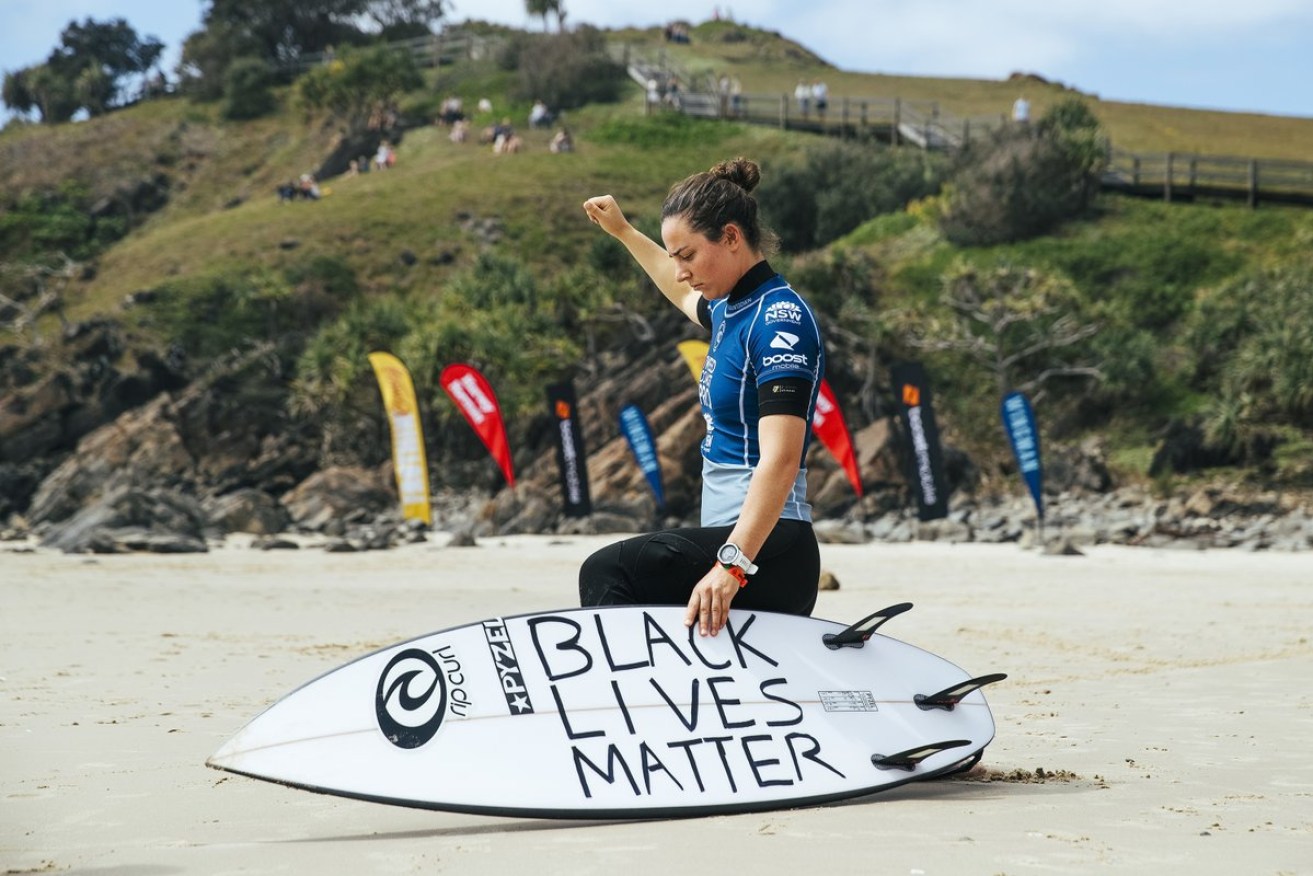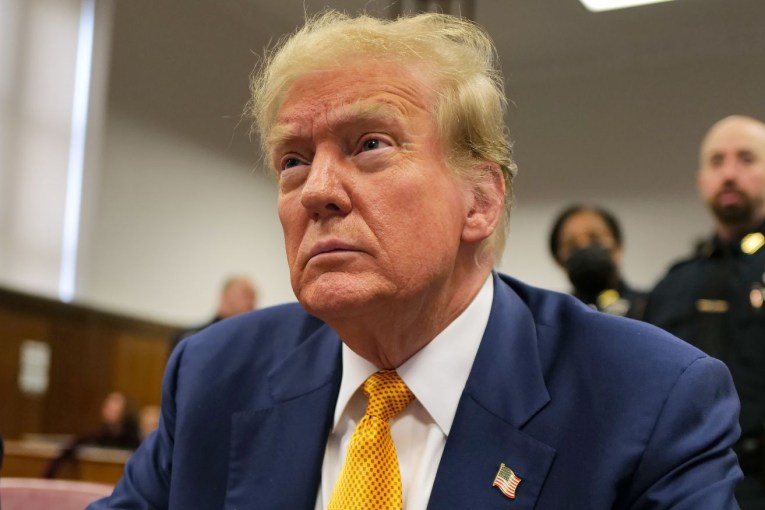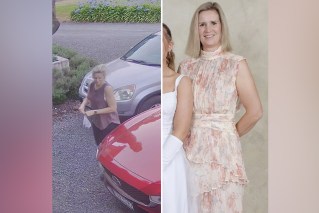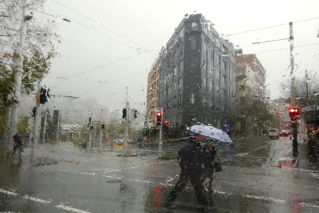Surf star takes a knee for Black Lives Matter as Australian athletes confront racism


Aussie surfer Tyler Wright takes a knee for Black Lives Matter before the Tweed Pro event. Photo: Twitter
Black Lives Matter protests in the sporting arena have now spread from the football field to the waves, as Australia’s athletes join their international counterparts in confronting racism and discrimination.
It comes as the federal attorney-general is pushed to give greater powers to agencies monitoring racism and vilification online, including to address a string of high-profile vile incidents of abuse against sporting stars.
Aussie surfer Tyler Wright is just the latest to voice her support of the global BLM push, inscribing the movement on the bottom of her board and taking a symbolic knee at the Tweed Coast Pro in northern NSW.
It’s the first major surfing competition in Australia since the beginning of the COVID pandemic, and Wright – world champion in 2016 and 2017 – wasted no time in lending her support to the international anti-racism push.
“Before I'm an athlete, I'm a human being. So today, before my heat at the Tweed Coast Pro, I'll be taking a knee in solidarity with Black Lives Matter" – @tylerGwright pic.twitter.com/4WET9TDSbY
— World Surf League (@wsl) September 13, 2020
Athletes from countless major sporting codes have kneeled on the competition arena before starting play, or made other symbolic gestures in support of Black Lives Matter, since the American-born movement was reignited following the death of Minnesota man George Floyd in May.

Penrith and Parramatta players take a knee during their NRL match in June 12. Photo: AAP
American football star Colin Kaepernick was effectively forced out of the NFL for his pioneering stance of taking a knee during the playing of the US national anthem before matches in recent years, but now, athletes worldwide are following his example.
From the English Premier League football in London, to the National Rugby League, AFL and cricket in Australia, big-name support for the BLM movement is only growing.
Tennis star Naomi Osaka made headlines this week during her victorious US Open run, where she wore face masks bearing the names of black Americans who had died after confrontations with police.
"Before I am an athlete, I am a black woman … if I can get a conversation started in a white majority sport, I consider that a step in the right direction."
This is what a champion looks like. Thank you to 2-time U.S. Open champion, @NaomiOsaka, for your courage and bravery. pic.twitter.com/XcciRRYoxp
— Reshma Saujani (@reshmasaujani) September 12, 2020
But in Australia, the underlying issues of racism the campaign aims to address are not going away.
High-profile incidents of vile racism and vilification of Indigenous football players have continued in recent months, including abuse of Sydney Swans player Elijah Taylor after his ejection from the AFL’s “bubble” due to protocol breaches.
Countless AFL and NRL players have endured abuse from fans in the stadium, and on social media.
More than 100 sporting stars, media personalities and academics put their name to an open letter earlier this month, calling for Attorney-General Christian Porter to equip the eSafety Commissioner with more power to address online racism.
“As Aboriginal people, people of colour and allies, we are deeply concerned about the ongoing scourge of racism in Australia,” the letter read.
“We believe that there is a need for urgent, further action.”
Mr Porter said at the time the federal government was working on an Online Safety Act to govern racism and abuse on the internet.
He said “there is a growing sense that online behaviour must have the same stringent rules applied to it as exists outside the internet”.
The eSafety Commission has powers to deal with abuse of children online, but not adults.
In a statement to The New Daily, eSafety Commissioner Julie Inman Grant said online abuse was a “toxic and harmful” problem that was increasing in Australia, and that sporting stars – especially Indigenous players – were sadly a big target.
“Indigenous Australians experience online abuse, including hate speech and racial slurs, at a much higher rate than the rest of the population and what we are seeing directed towards athletes, unfortunately, a reflection of what is happening in wider society,” she said.
“For Indigenous players, the abuse doesn’t just stay on the field, it follows them into the change rooms and when this abuse moves online, it follows them into their homes and sometimes targets their families.”

Attorney-General Christian Porter has been asked to do more to address online hate. Photo: AAP
Ms Inman Grant said eSafety had already partnered with the AFL on a ‘Play it Safe and Fair Online’ campaign, targeting racism against players online.
La Trobe University Associate Professor Kate Seear, one of the open letter’s co-authors, said the campaign had garnered big support already.
“Our end game remains real change in policy and law reforms. So we are looking forward to working with those who have the capacity to implement reforms in this space,” she told The New Daily.
“We are otherwise keen to see people from all political parties get behind the campaign and to see action for online safety for all populations who experience abuse and vilification online (including, for example, women and LGBTQI populations).”









